On Oct. 7, thousands of rockets were fired towards Israel by the Palestinian militant group, Hamas. The group proceeded to break through the border fence into Israeli territory killing over 1,400 civilians and soldiers and taking more than 200 hostages.
Since the attack, Israel Prime Minister Benjamin Netanyahu declared that the country was in “a state of war” with Hamas, sending soldiers and airstrikes and shutting down water and food access in Gaza. Since Oct. 26, it was reported that 6,747 people have died as a result of Israel’s retaliation, according to the Hamas-run Health Ministry in Gaza.
The conflict between Palestine and Israel has been ongoing since 1948 when United Nation resolutions created Israel after the Holocaust.
After 6 million Jews were rounded up and killed in concentration camps by Nazis in World War II, the location of modern-day Israel and Palestine was partitioned into a separate home for each by a UN resolution. Soon after, five Arab nations invaded, sparking the first Arab-Israeli War.
Israel won, but 750,000 Palestinians were displaced, according to the nonpartisan think tank, the Council on Foreign Relations.
U.S. President Joe Biden, has made multiple statements since the Oct. 7 attack in support of Israel, sending military weapons and aid to Israel.
“Israel has the right to defend itself and its people, full stop,” Biden said on Oct. 7.
Biden also announced $100 million in humanitarian aid for Palestinians in Gaza and the West Bank to support displaced individuals with water, food, medical care and other essential needs.
Protests calling for a ceasefire have occurred both locally and globally from Burbank to New York City to Rome and more. The United Nations Security Council has also started debating on the Israel-Hamas war with most council members expressing the same sentiment for a ceasefire.
The University Times spoke with students about their thoughts on the divisive topic. Here’s what some had to say:
Laura Longoria, Cal State LA administrative support coordinator
“I feel that Israel has had a history of being persecuted, and they’re doing the exact same thing right now to the Palestinians. They’re not learning from what happened to them. They’re being vicious and prosecuting the Palestinians, and I really wish there would be a ceasefire that can come together and talk and live together peacefully.”
Cristian Vargas, kinesiology major
“I feel as if this situation has been very divided between the two fronts of society. Never, never have I ever seen two sides completely separated. One goes for Palestine, while the other supports the actions promoted by Israel. For me personally, my stance on this is just very neutral…I think that it’s terrible in the sense that innocent lives are suffering from this, and not necessarily those who were mediating the acts of violence.”
Paloma Hermosillo, child development major
“They shouldn’t be doing this in the first place. Of course if they have a history that they want to continue, okay, but if they are just doing it out of vengeance or out of rage, hatred, then it’s something they can’t do.”
Adriana Sanchez, art major
“My initial thought was that it’s absolutely horrible the way that the people in Palestine have been repeatedly pushed into a single area…Why are you [U.S.] as a nation supporting the ethnic cleansing of a certain group of people by providing the people they are fighting against with weapons of mass destruction?”
Andre Balderamos, computer science major
“I think generally speaking, war is not something that anyone needs right now. You know, it’s very expensive and there are much more important matters on the table, you know, such as global warming and climate change and other things that we shouldn’t be shifting our main focus on, if that’s one way to put it.”

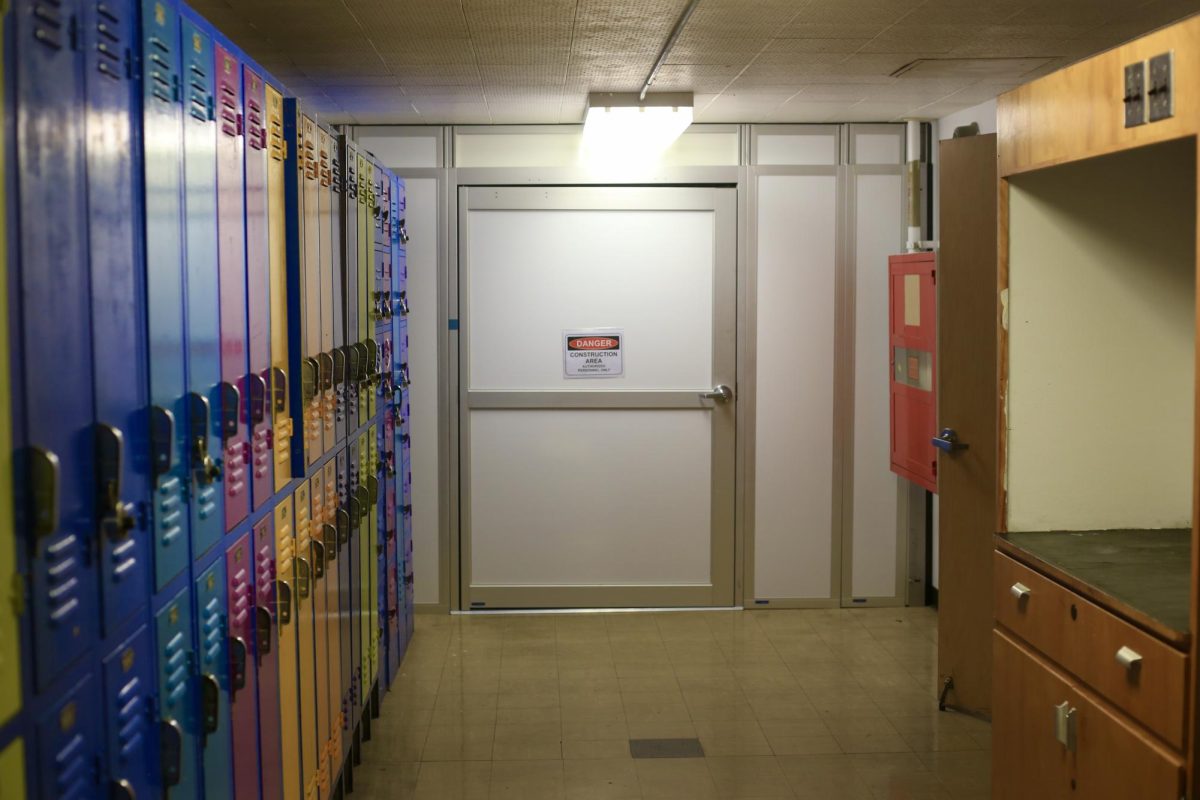
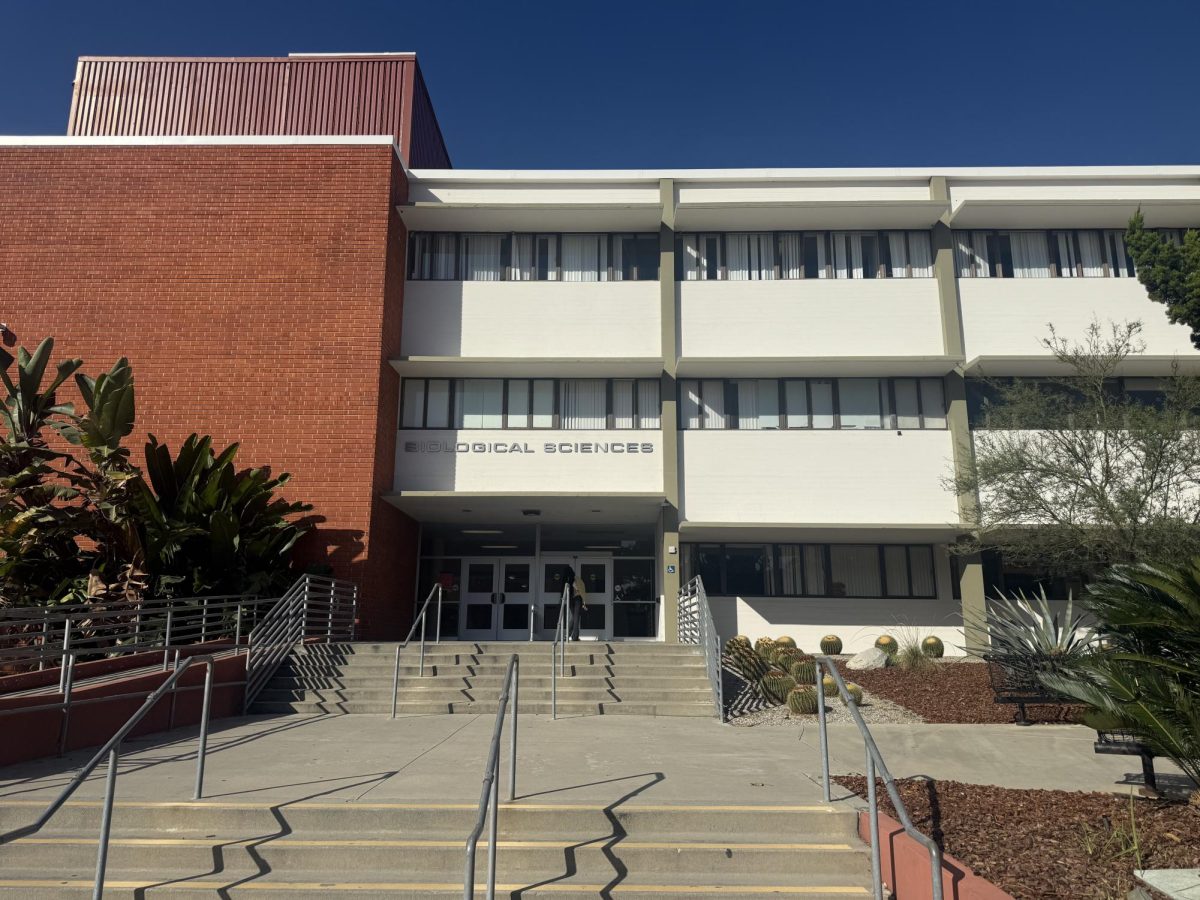
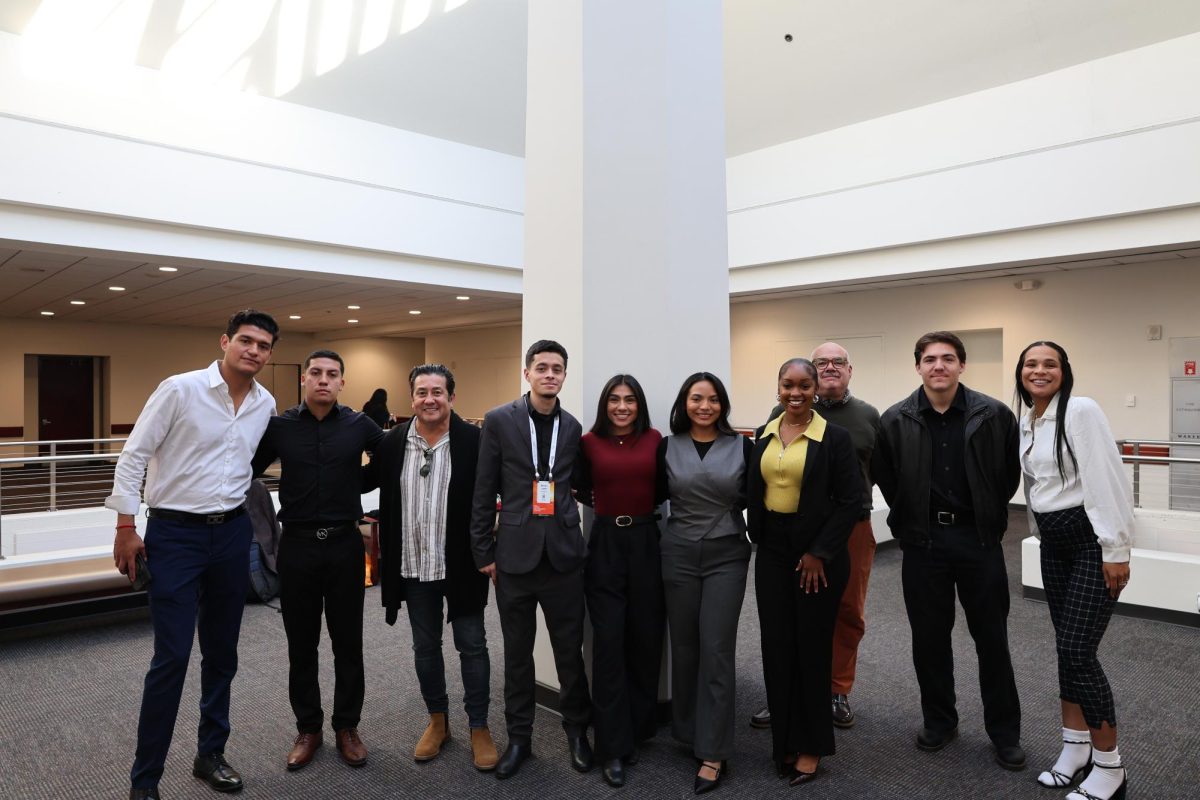
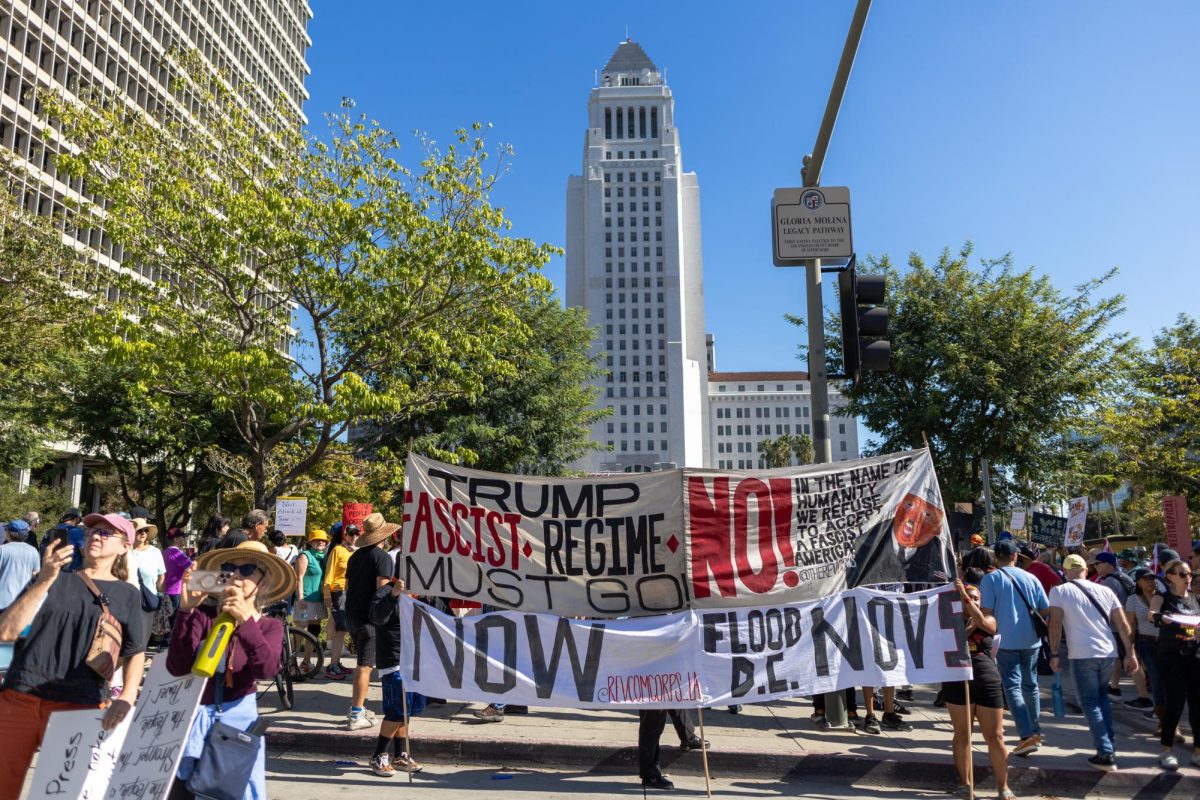
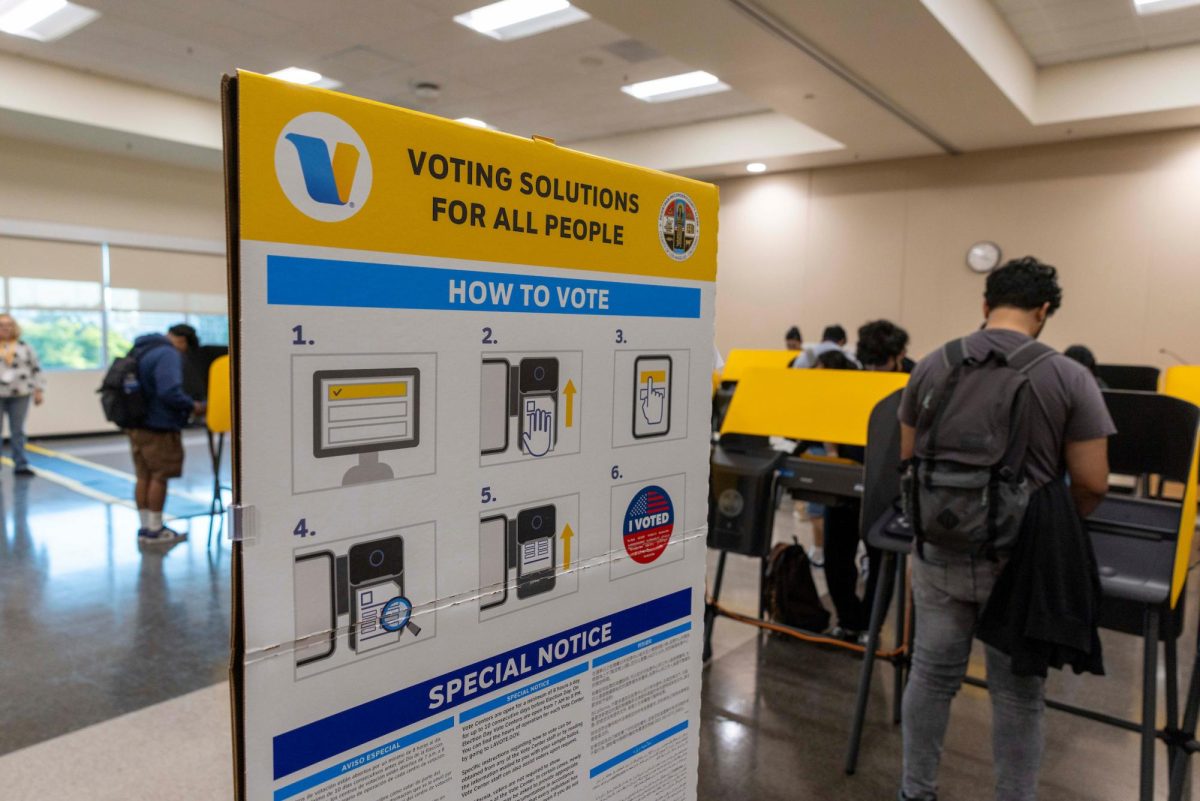
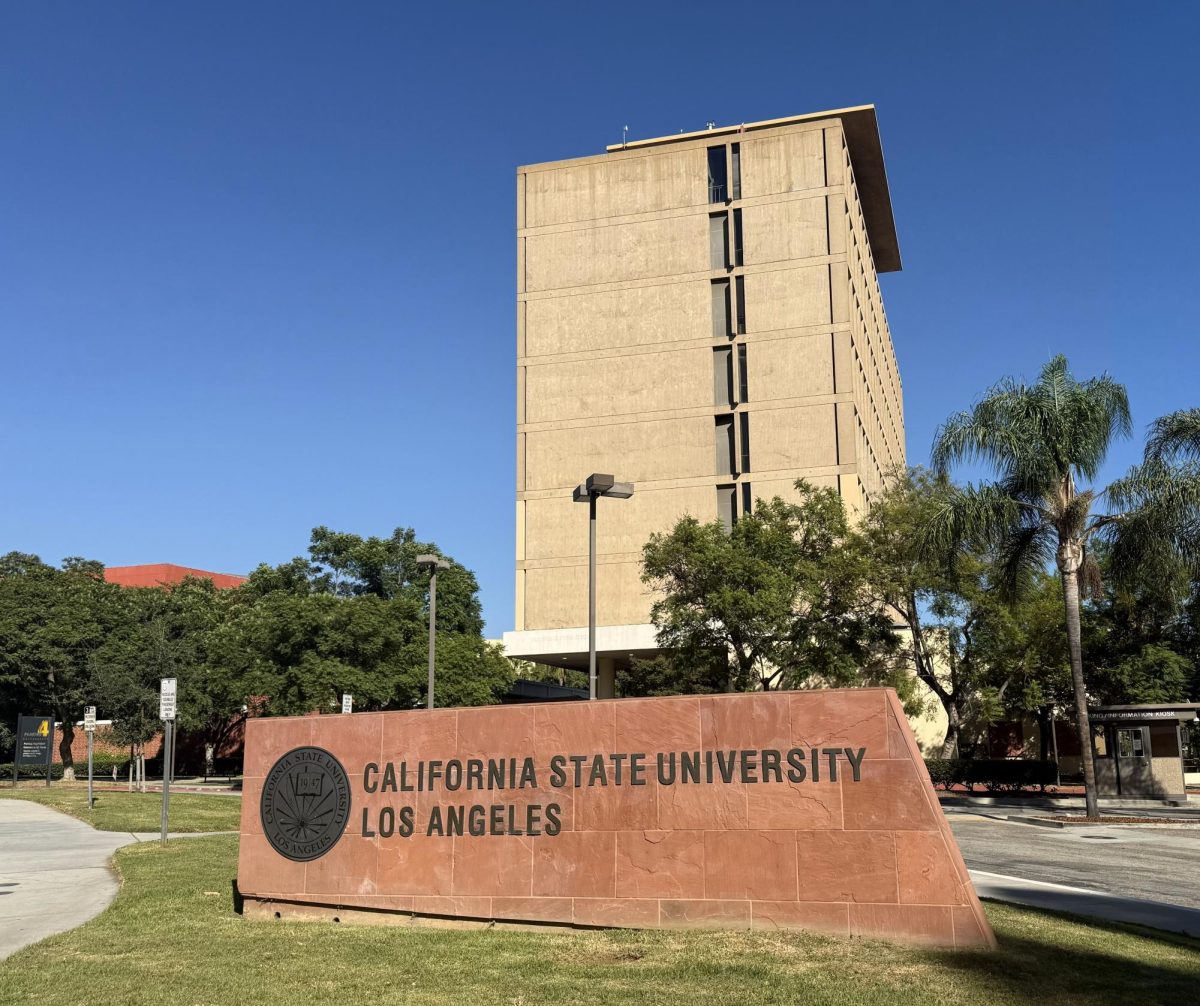


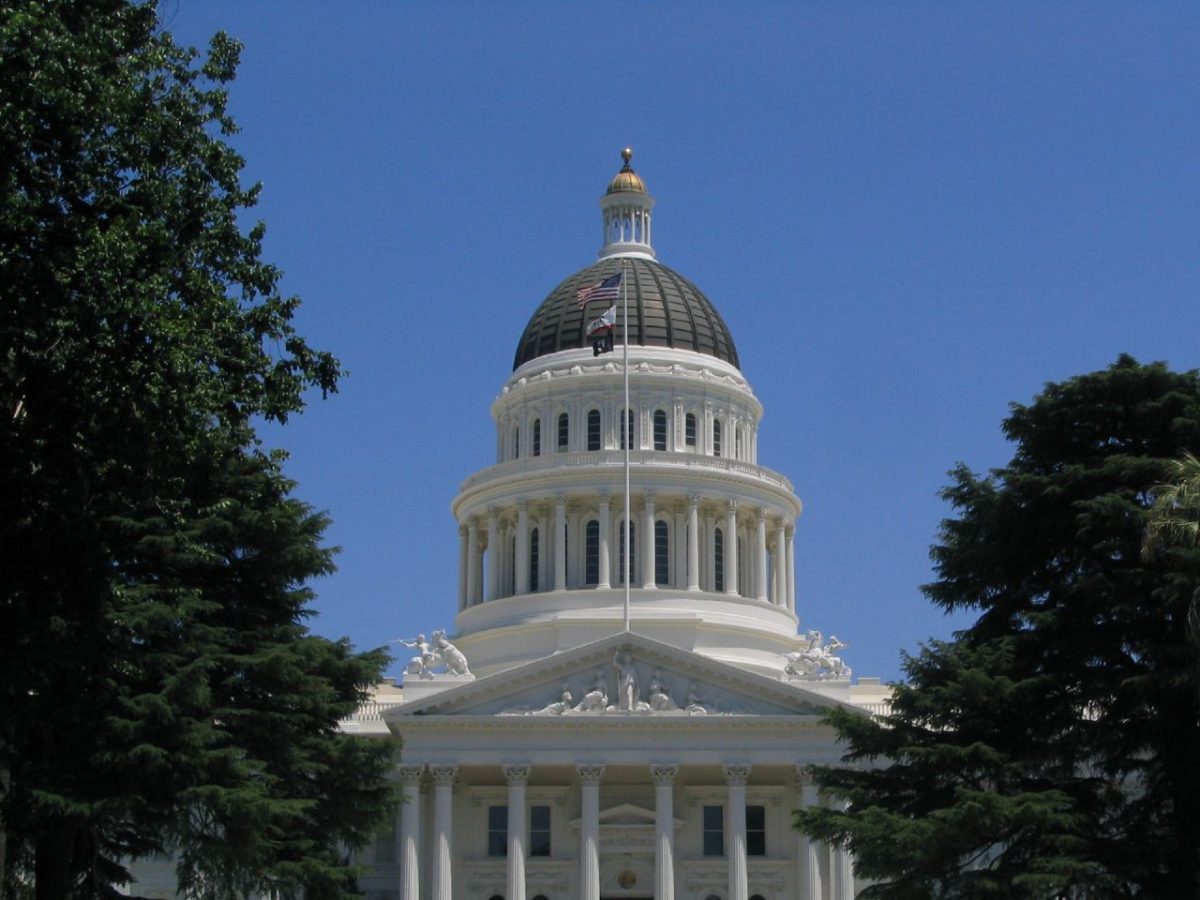


William M Baker • Jan 23, 2024 at 8:09 pm
History of the Genocide War
Ilan Pappe, author of ‘The Ethnic Cleansing of Palestine,’ along with the ‘New Historians,’ have linked zionism with ethnic cleasning.
Achieving justice requires undoing the ethnic cleansing of Palestine, called the Nakba, restoring the stolen land and property, full restitution for all the subsequent harms and applying correct penalties for all related violations; denying justice for the Palestinians is anti-Arabism; and, any plan is unethical if it denies justice for all.